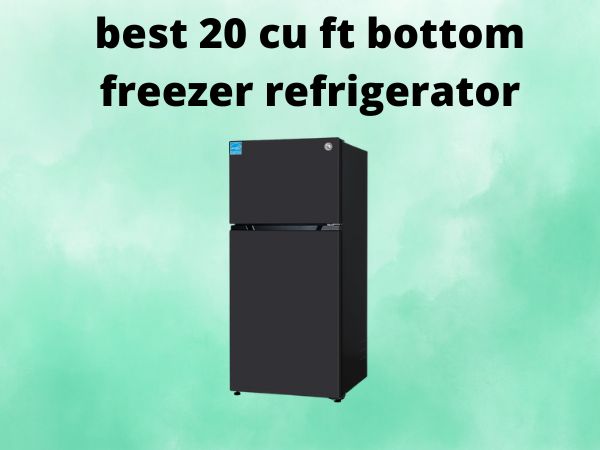Backup Generator vs Solar [Best Option for Emergency Power]
As the world becomes increasingly unpredictable, having a reliable power source during emergencies is no longer a luxury but a necessity. But what’s the best option: a backup generator or a solar power system? Let’s dive in and explore the possibilities to help you make an informed choice.
Table of Contents
The Basics: What Are Backup Generators and Solar Power Systems?
Understanding Backup Generators
Backup generators are essentially your home’s lifeline when the power grid fails. These machines convert fuel sources – be it gas, diesel, or propane – into electrical power, ensuring your lights stay on even during an outage.
Deciphering Solar Power Systems
Solar power systems, on the other hand, harvest energy from the sun using solar panels. This energy can be used immediately or stored in batteries for later use, offering a renewable and potentially cost-effective solution.
Pros and Cons: Weighing the Options
Advantages of Backup Generators
- Immediate power supply: Generators can provide electricity almost instantly when the power goes out.
- Fuel versatility: Options include diesel, propane, and natural gas.
- High power output: Capable of running multiple appliances simultaneously.
Limitations of Backup Generators
- Running costs: Fuel can be expensive, especially during extended outages.
- Environmental impact: Generators produce emissions that can harm the environment.
- Noise factor: Generators can be quite noisy, disturbing your neighbors and your peace.
Perks of Solar Power Systems
- Sustainability: Harness the clean, renewable power of the sun.
- Low operating costs: After the initial setup, solar systems usually have minimal ongoing expenses.
- Quiet operation: Solar systems run silently, ensuring peace and tranquility.
Concerns with Solar Power Systems
- Weather dependency: Performance can drop in cloudy or rainy conditions.
- High initial costs: Installation and setup require a significant upfront investment.
- Space requirements: Adequate roof or land area is needed for the solar panels.
Cost Considerations: What’s Easier on the Wallet?
Initial Investment
Backup generators generally have lower initial costs compared to solar systems, but they require ongoing fuel purchase and maintenance expenses. Solar power, although expensive to install, can save you money in the long run through reduced or eliminated energy bills.
Long-Term Savings
The savings from solar power systems often surpass the cumulative costs of fuel and maintenance associated with generators. It’s like planting a money tree that grows with time.
Environmental Impact: A Greener Future
Carbon Footprint of Generators
Fuel-powered generators contribute to carbon emissions and pollution, adding to environmental concerns. They are life-savers in emergencies but often at the environment’s expense.
Eco-Friendly Solar Solutions
Solar power systems offer a much greener solution, reducing your carbon footprint and supporting a sustainable future. It’s choosing the scenic route rather than the shortcut.
Reliability and Dependability: When You Need It Most
Reliability of Backup Generators
Backup generators shine when immediate power is needed, providing consistent electricity in the event of a power failure. They are like the flashlight that always works when the lights go out.
Dependable Solar Energy
With technological advancements, solar systems have become more reliable, even under partly cloudy conditions. Battery storage solutions ensure power availability day and night, much like a camel storing water for long journeys.
Installation and Maintenance: Effort and Ease
Setting Up a Backup Generator
Installing a generator can be straightforward but requires professional knowledge to ensure safety and efficiency. Routine maintenance involves regular checks and oil changes.
Installing Solar Panels
Solar panel installation requires precise alignment and expert handling, often involving higher initial efforts. However, maintenance is minimal, often limited to periodic cleaning and inspection.
Conclusion
Both backup generators and solar power systems have their unique advantages and trade-offs. If immediate reliability and potential low upfront costs are your primary concerns, a backup generator might be the best choice. However, if you’re aiming for a sustainable, long-term solution with environmental benefits, investing in a solar power system could be the way to go.
FAQs
1. Are solar power systems effective during nighttime?
No, solar panels do not generate electricity at night. However, using a battery storage system can store excess energy produced during the day for use at nighttime.
2. How often do I need to refuel a backup generator?
Refueling frequency depends on the size of the fuel tank and the load. Typically, a generator can run for 8-24 hours before needing more fuel.
3. Can solar panels work in cold climates?
Yes, solar panels can function effectively in cold climates as long as there is sunlight. In fact, they often perform better in colder temperatures.
4. Is it possible to use both a generator and solar power?
Absolutely! Many homeowners use both systems together, using solar as the primary source and the generator as a backup during solar downtime.
5. What is the lifespan of a solar power system?
Solar panels can last 25-30 years or more, with some degradation. Inverters may need replacement every 10-15 years, but overall, solar power systems have a long lifespan.




